What Books Would You Recommend to Your Peers?
No matter where you are in your career, there’s always something new that can be learned from reading. Digging up insights from actors, stars, coaches and non-industry authors will give you practical wisdom—and sometimes wild stories—to take with you forever.
We recently asked what books you would recommend to your fellow actors. We received many submissions, discovered some trends and found a few unexpected suggestions along the way. Here are a few reads you might want to check out:
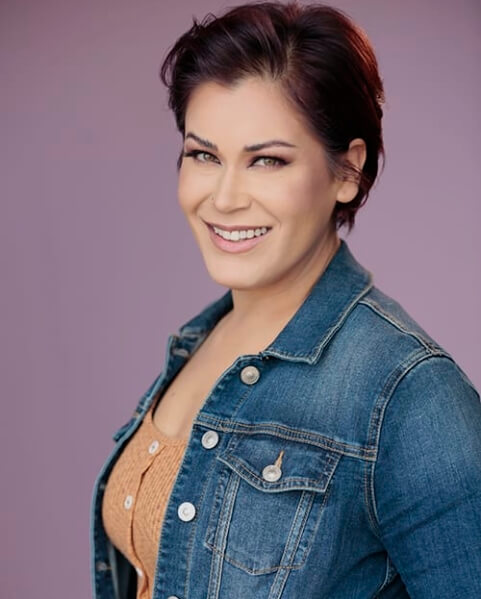
I would absolutely recommend The Actor and the Target, which made so much sense to me.
Meisner On Acting was like sitting in class with the man.
Right for the Role by John Frank Levey and Mary McCusker’s auditioning book [Auditioning: What They Say When You Leave The Room] reveal a lot about the process. I found real comfort in both, knowing that they are always rooting for us actors—of course, because they want to look good, but also because they love it!
— Heather Cross
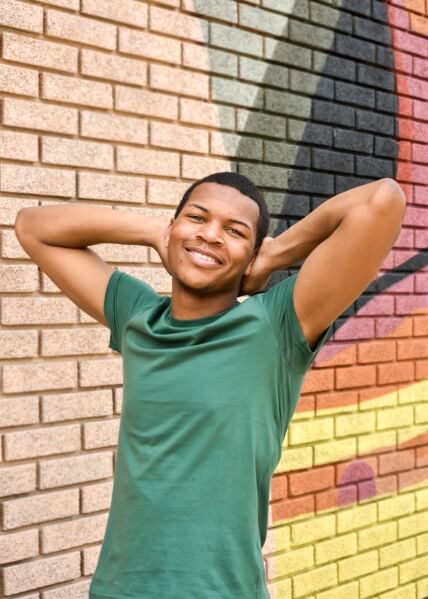
I would recommend The Actor’s Life: A Survival Guide by Jenna Fischer and Higher is Waiting by Tyler Perry.
Both of these books are informational, motivational and inspiring. These authors don’t give “how-to” guides, but explain that through trials and tribulations and never giving up on yourself, you can succeed in life as an actor/producer/director, etc.
Now, it won’t be easy getting there, but it’s the journey along the way that makes it all worth it.
— Tarren Knox
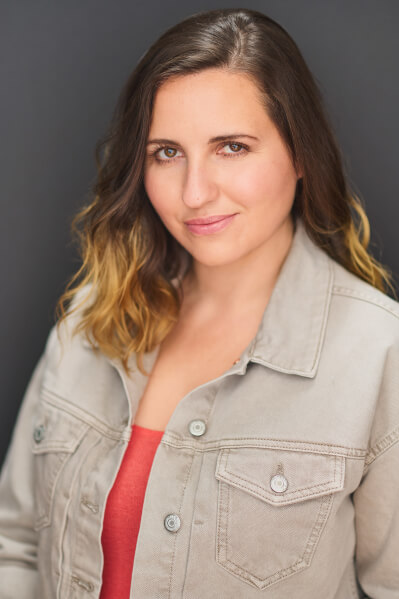
I would recommend Jenna Fischer’s The Actor’s Life: A Survival Guide. Jenna’s candid account of her career from very humble beginnings to star of The Office is truly a breath of fresh air in what can be a difficult-to-navigate industry.
The business of acting from an actor’s perspective is vital for all actors, no matter where you are in your career.
— Kiirstin Marilyn
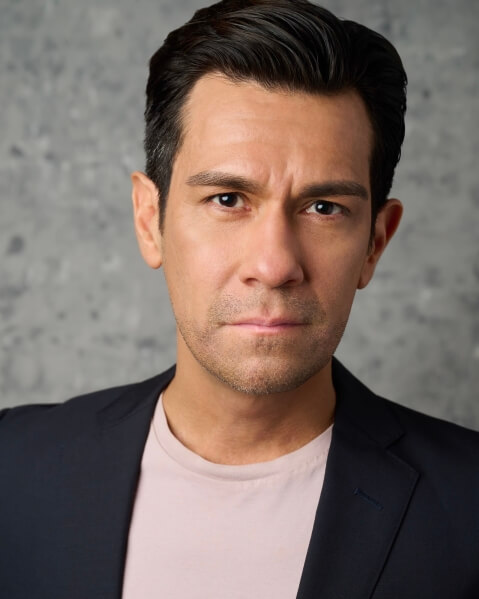
I recommend three books that influenced my performances in different ways.
The first book is An Actor’s Companion by Seth Barrish (with a forward by Anne Hathaway) that offers practical acting tips and tools, like finding a task and committing to it, to exercises that help break patterns.
The second book is My Character Wouldn’t Do That by Donna Soto-Morettini, a former drama director at the Royal Conservatoire of Scotland and acting head at Royal Central School of Speech and Drama, London, which helped me understand how an actor’s brain and cognitive skills work. For example, best mental practices when preparing for a character, how to let go of that preparation and our self-consciousness when it’s time to perform.
Thirdly, I found A Quick Guide to Screenwriting by Ray Morton to be helpful in understanding a character’s story arc, purpose and function from a bird’s eye—or in this case, a writer’s point of view.
— David Montalvo
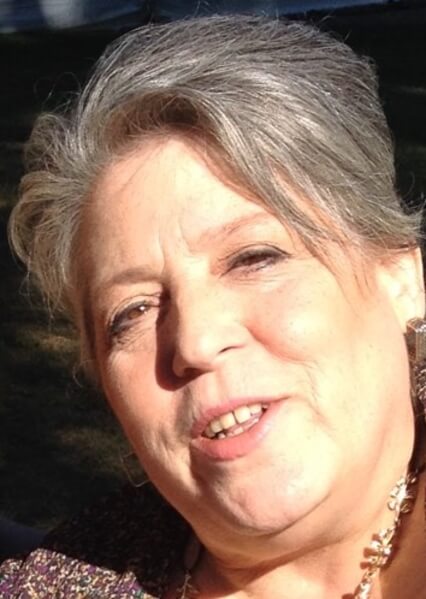
Something Wonderful Right Away by Jeffrey Sweet.
This book chronicles the history of improv from its roots by Chicago activists forming a theater for the people, based on suggestions from the audience and topics in the news. From Compass to Second City, these were pioneers of comedy, names you know well, but based on believable —not exaggerated—humor.
I worked with David Shepherd building theater teams from cops to jails, to Girl Scouts to high schools, to comic groups and autoworkers (Ed Asner was an autoworker). The skills are based on “theatrical science,” which if you take the parachute jump out of a plane to work unscripted, will enhance any actor’s chops and even make actors out of everyday folk.
— Barbara Caporale
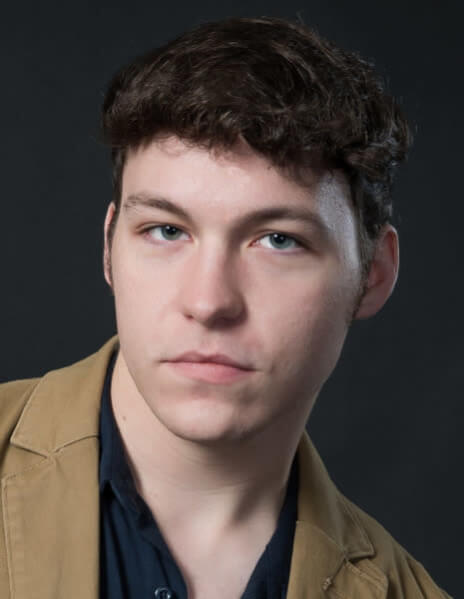
A brilliant teacher of mine sat me down one day and recommended this book to me. The Inner Game of Tennis by Timothy Gallwey gave me permission to really find serenity in my work while motivating me to pick up that racket and keep auditioning.
The differences between a performer and a tennis player are minute—both of our jobs are about action and the mental game surrounding it.
— Christopher Hudson
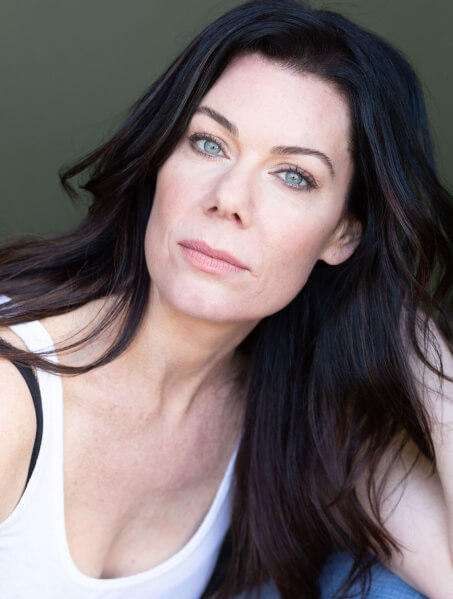
The Intent to Live by Larry Moss. Larry incorporates personal stories and anecdotes from his decades of experience both as an actor and teacher in film and theater to illustrate his acting teachings—which are clear, concise and active.
As an acting teacher myself, I have my students and coaching clients read his book. It’s a great reference.
— Aubyn Philabaum
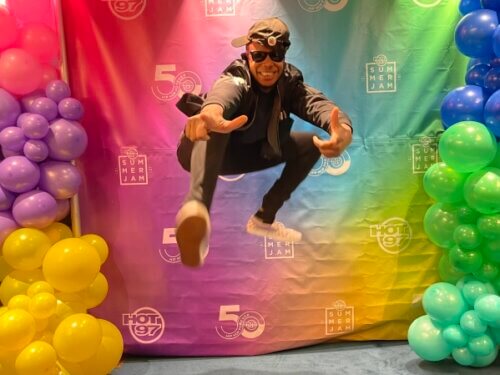
The War of Art: Winning the Inner Creative Battle [by] Steven Pressfield [and] Psycho-Cybernetics [by] Maxwell Maltz.
Own your mind and you can own any role or position.
—J. Allyn Bivins
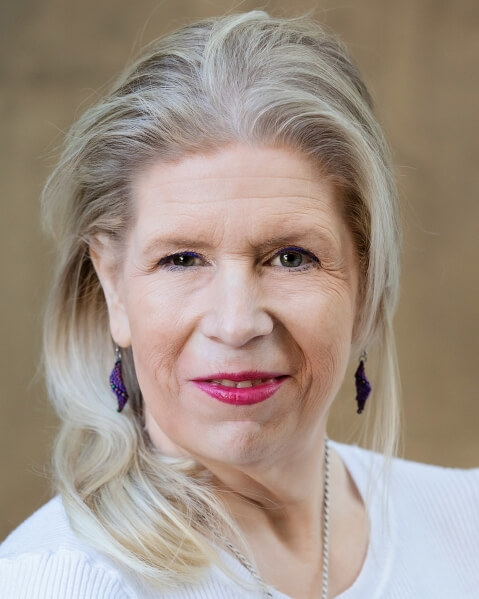
Think & Grow Rich by Napolean Hill, The Richest Man in Babylon by George Samuel Clason and Debt-Proof Living by Mary Hunt.
Most people only focus on learning how to act, but acting is a business. Understanding how to handle money is the side that most people never talk about and because of that, fall into the stereotype of the starving artist.
— Lisa Lauenberg
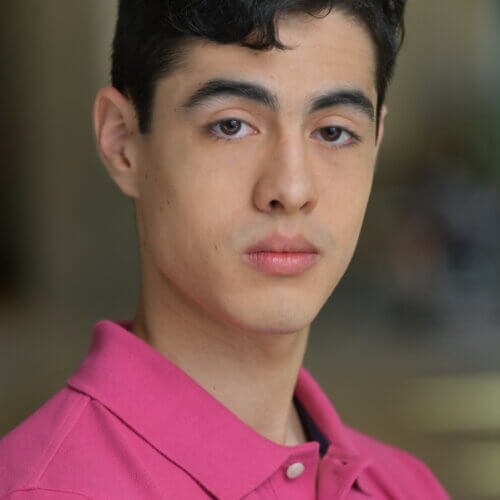
For actors who are looking to learn what it’s like on a film set, [I would recommend] Acting in Film by Tony Barr.
For those who are looking for a unique approach to their work, [I recommend] The Warner Loughlin Technique.
Actors who are looking to seek the basics of the modern American acting method should read the Stanislavski books: An Actor Prepares, Building a Character and Creating a Role.
— Juan Rios
Some responses have been edited and condensed for clarity.
We want to hear from you! Tell us what personal habits or routines you believe contribute to your success as an actor. Your response may end up in a future article!
You may also like:
- Now Casting: ‘Criminal Minds,’ ‘CSI: Vegas,’ ‘Monster’ Season 2, Mindy Kaling Netflix Show
- Theo Park Talks the Casting Process for ‘Ted Lasso,’ Amazon’s ‘The Lord of the Rings: The Rings of Power’
- Strengthen Your Objective: The Importance of Language Specificity




